Based on opinion polls and public sentiment, a change of government in Serbia is unlikely today. It is also not by accident that the majority ruling party has timed the elections for now. "The Alliance of Hungarians in Vojvodina (VMSZ) still has a good chance of forming a parliamentary group and retaining its role in the government," Erik Palusek, a fellow at the Directorate General for International Affairs at the University of Public Service, told Magyar Nemzet when asked about Sunday's elections in Serbia.
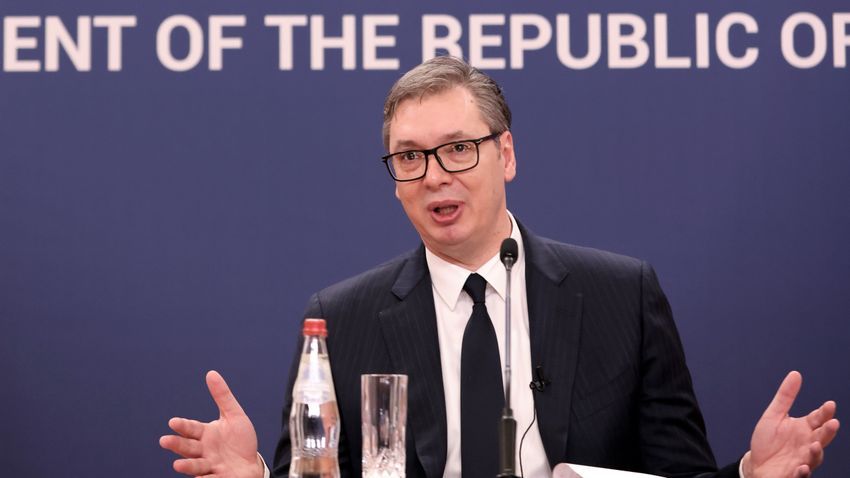
As we wrote earlier, elections in Serbia on December 17 include national parliamentary, provincial and in 65 municipalities. This year will be the 14th parliamentary election since the fall of socialism in the country of nearly seven million people. Ten of the 14 occasions have been early political power struggles, making the average parliamentary term in Serbia just two years and three months instead of the official four years.
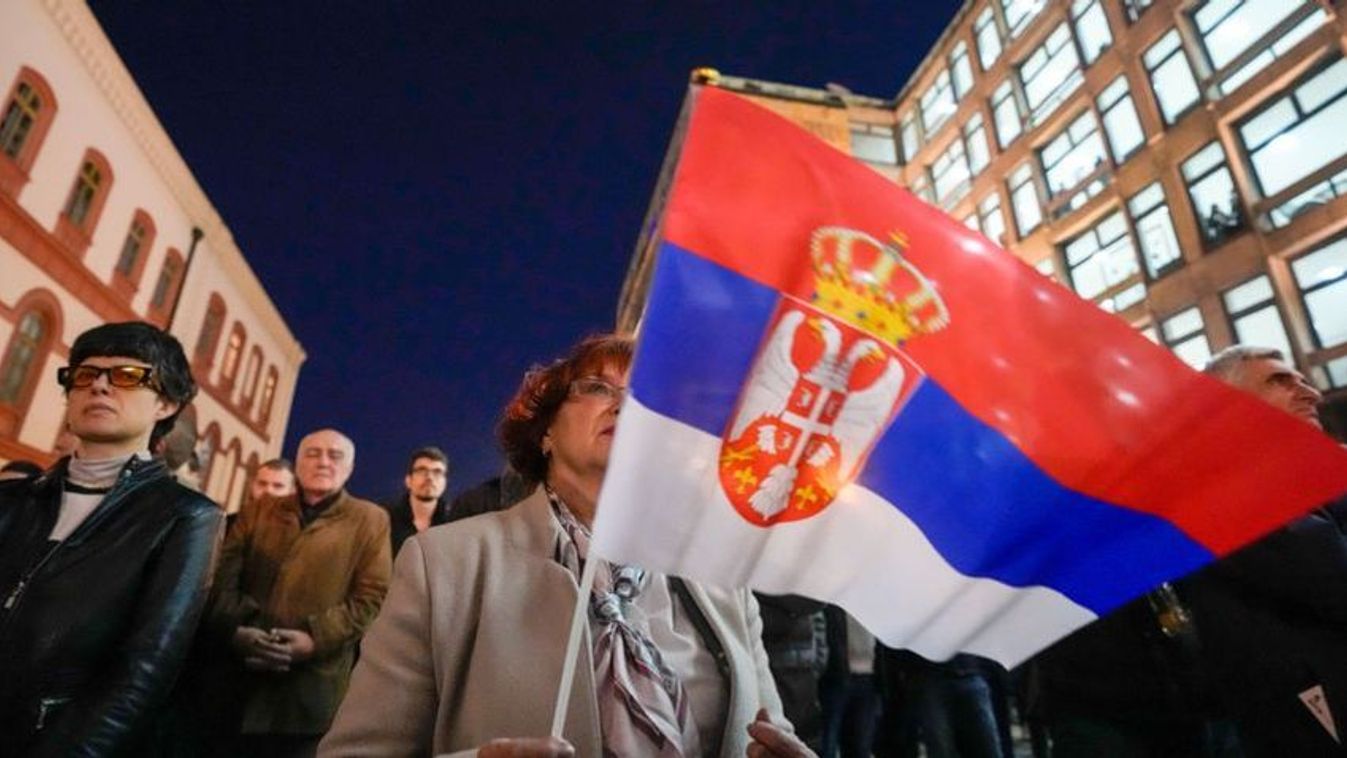
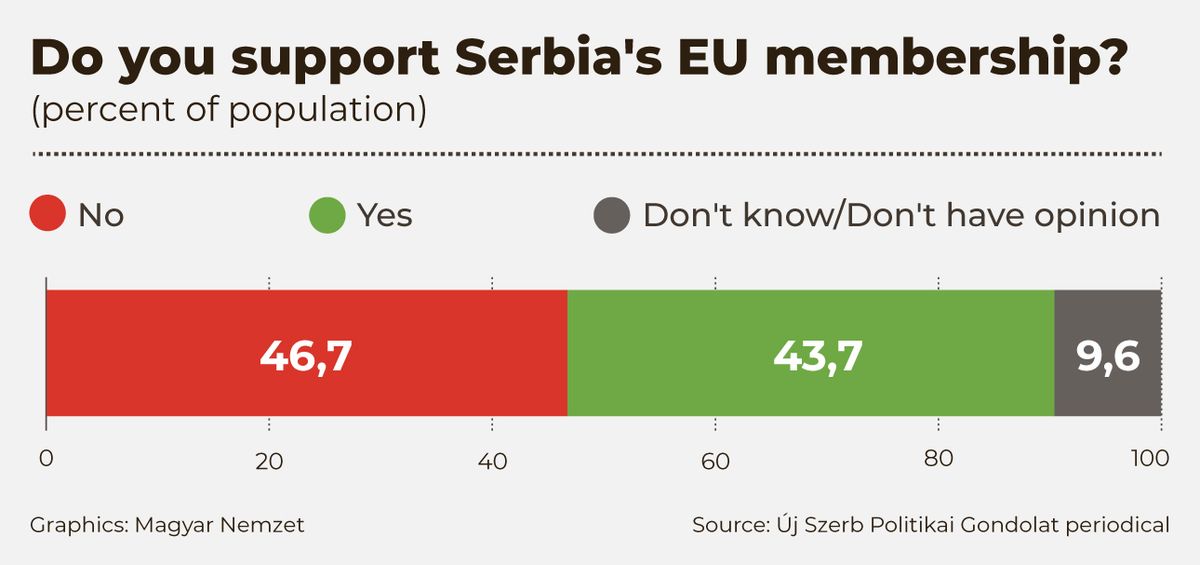
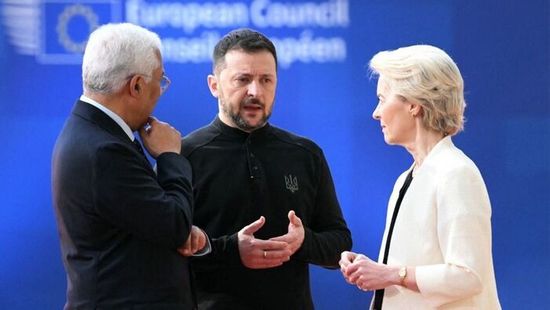

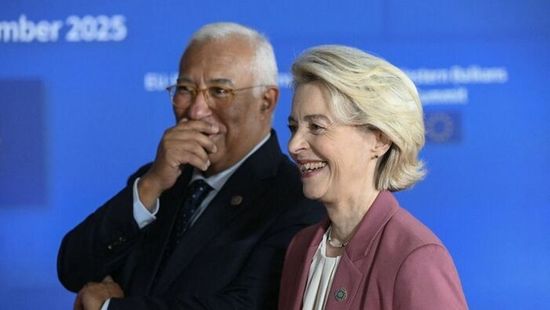
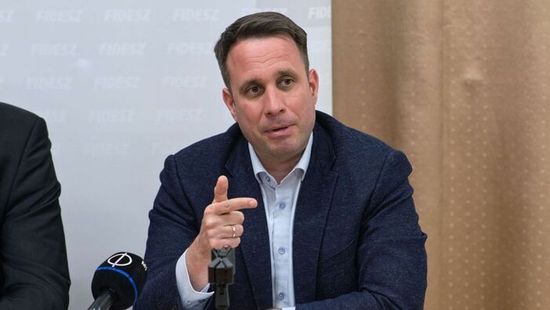

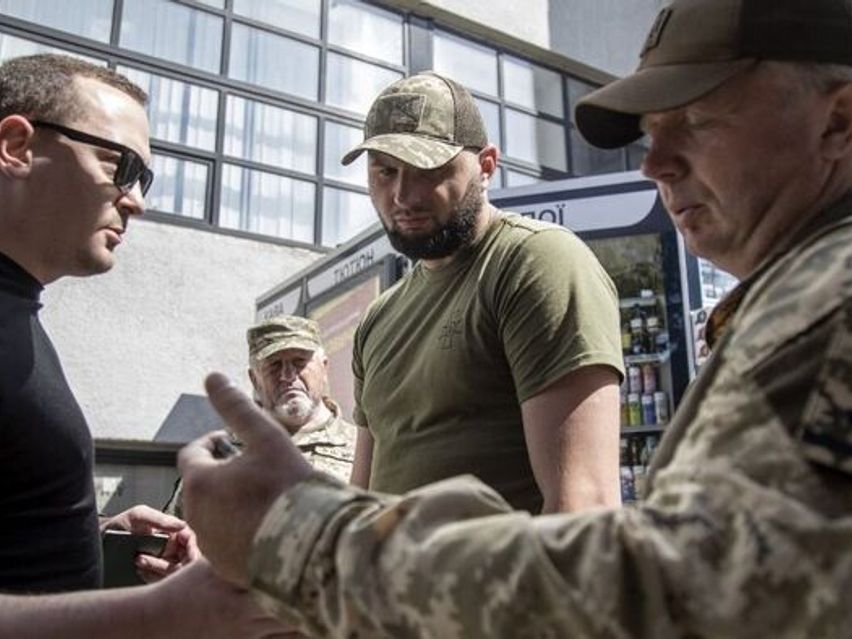

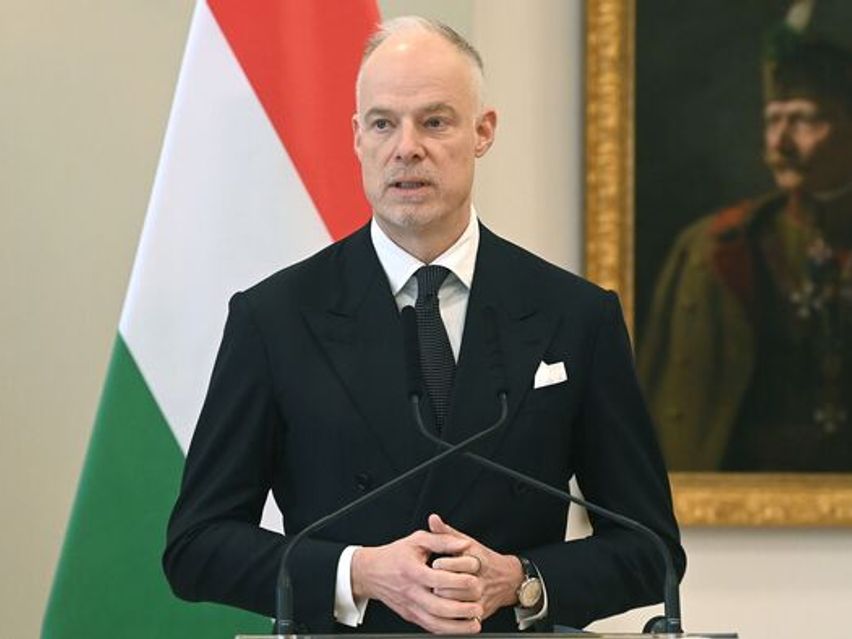
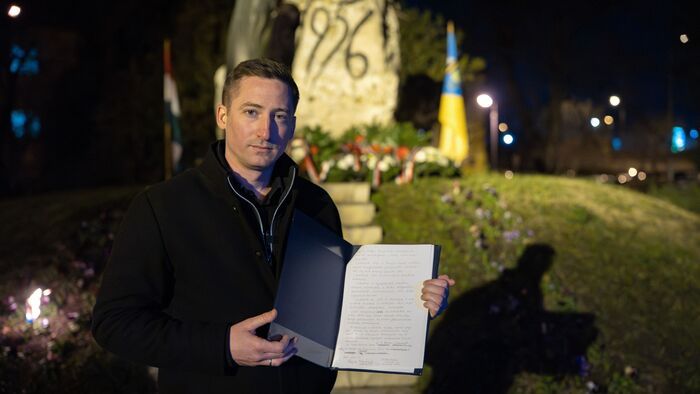

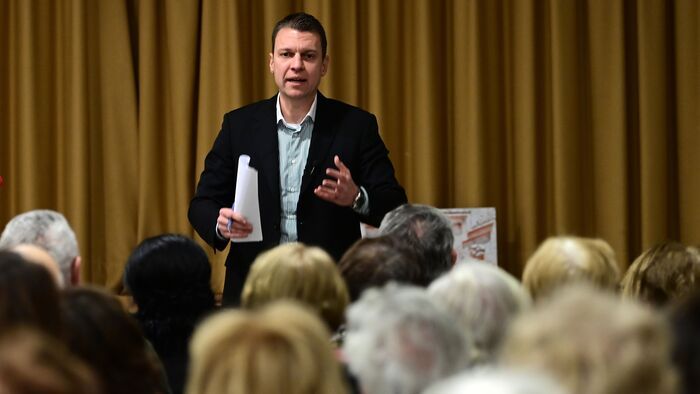
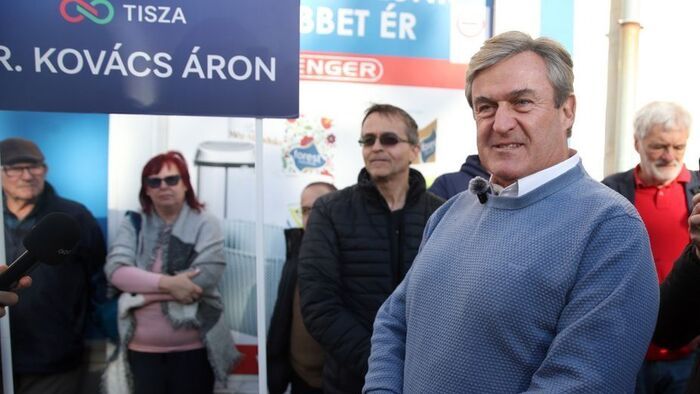

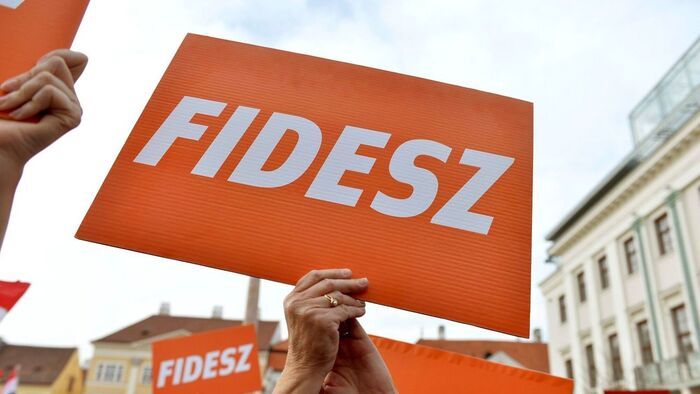
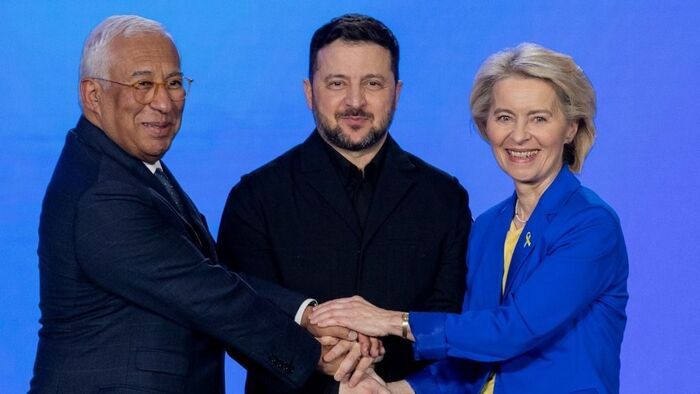
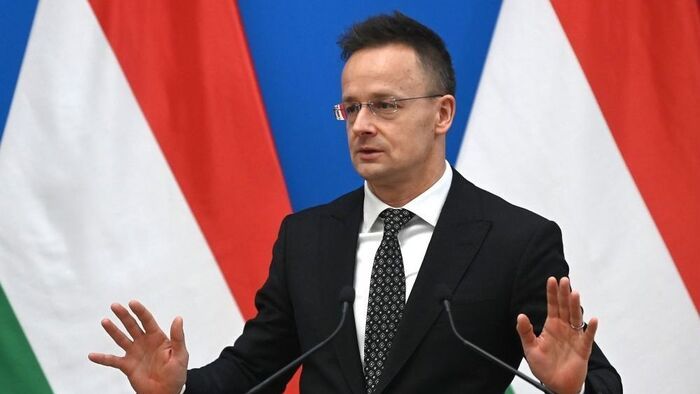
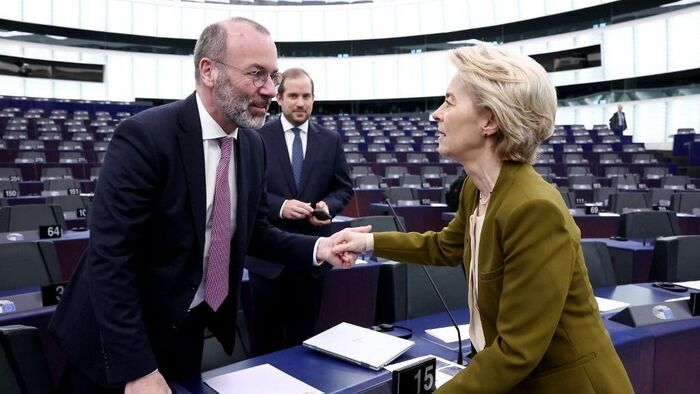


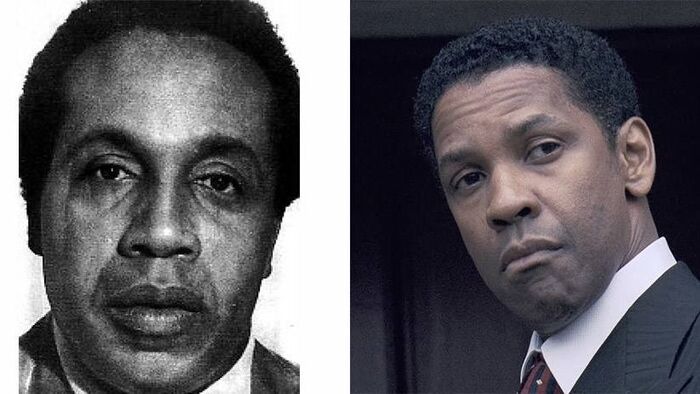


Szóljon hozzá!
Jelenleg csak a hozzászólások egy kis részét látja. Hozzászóláshoz és a további kommentek megtekintéséhez lépjen be, vagy regisztráljon!